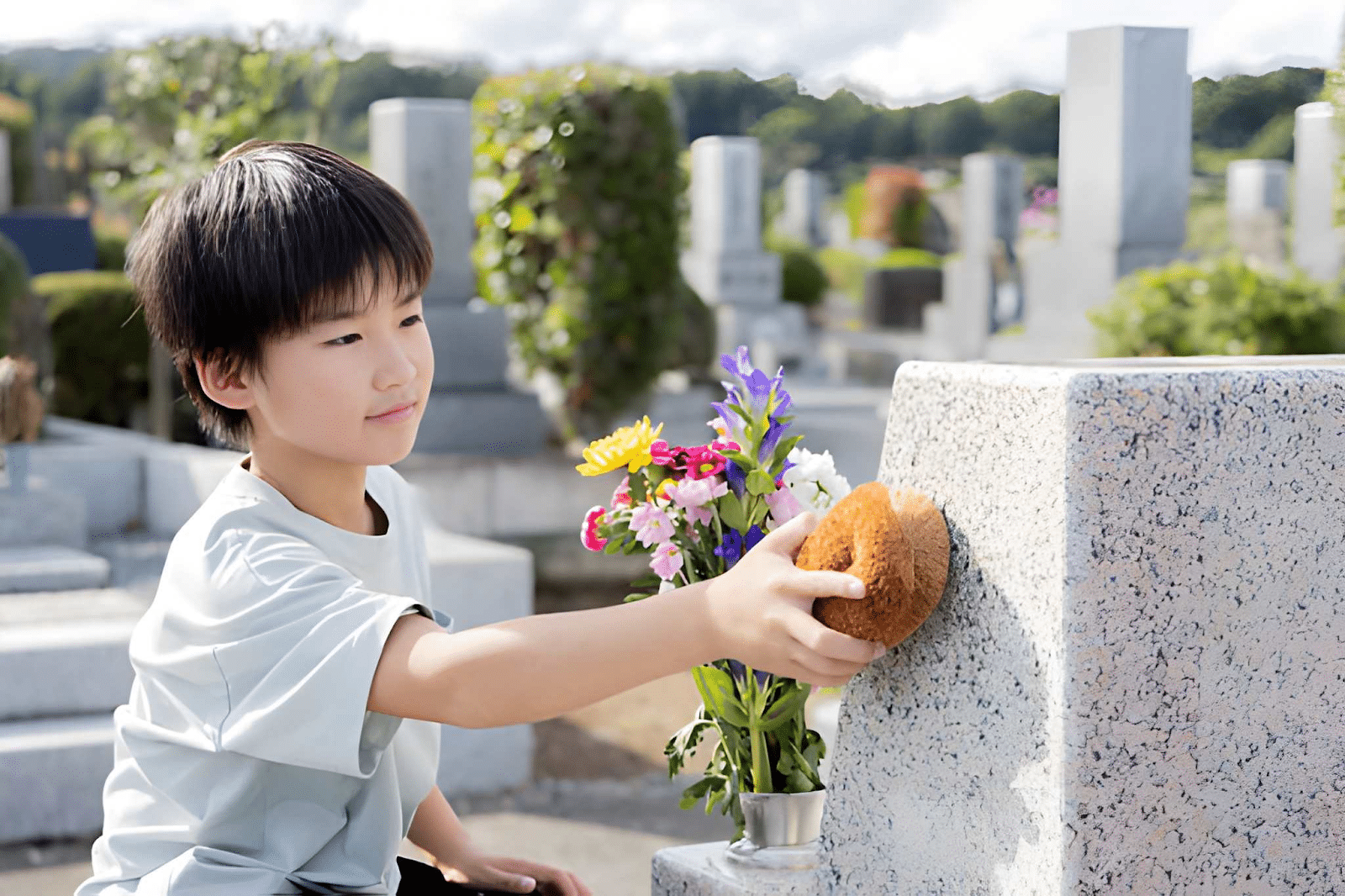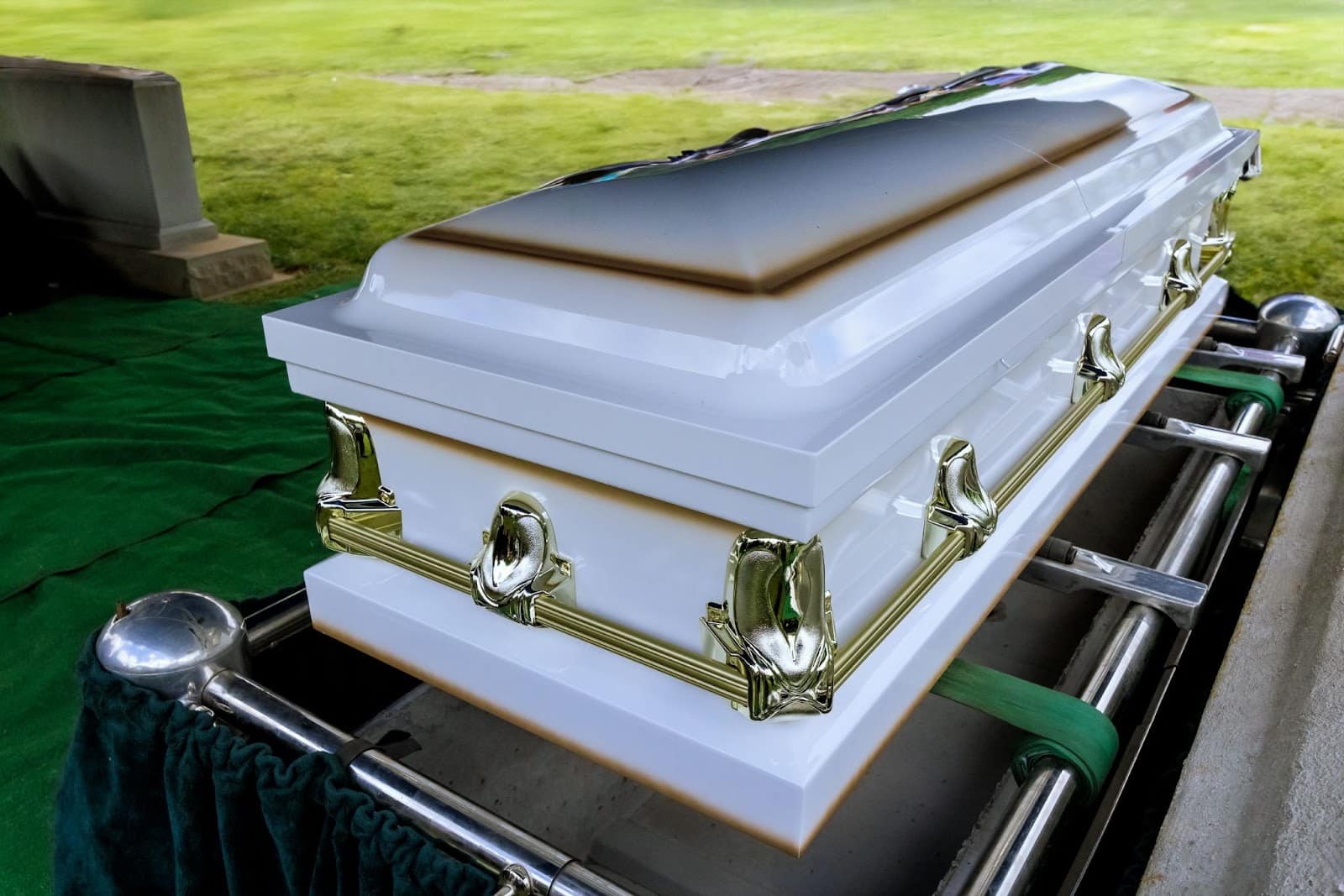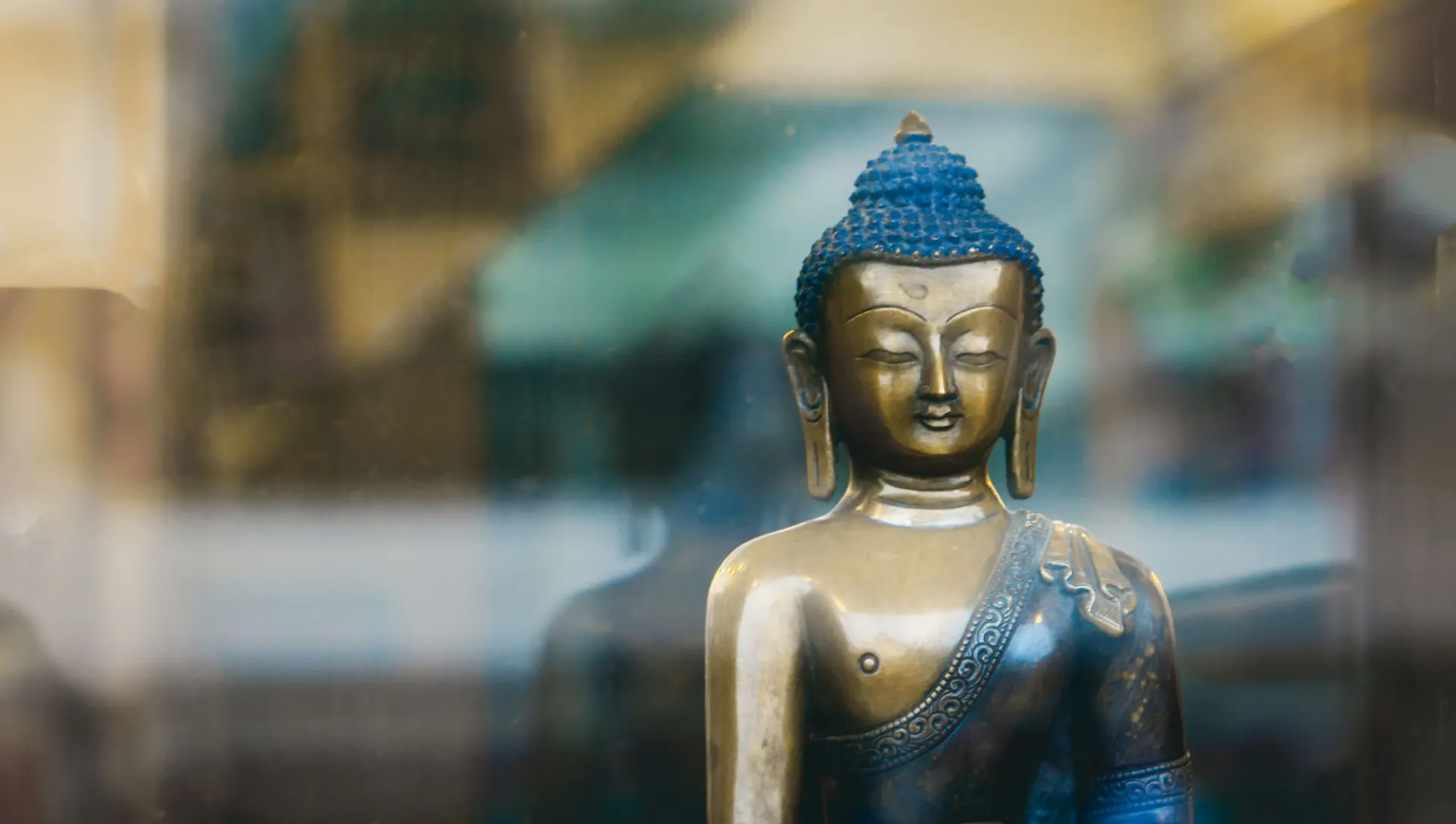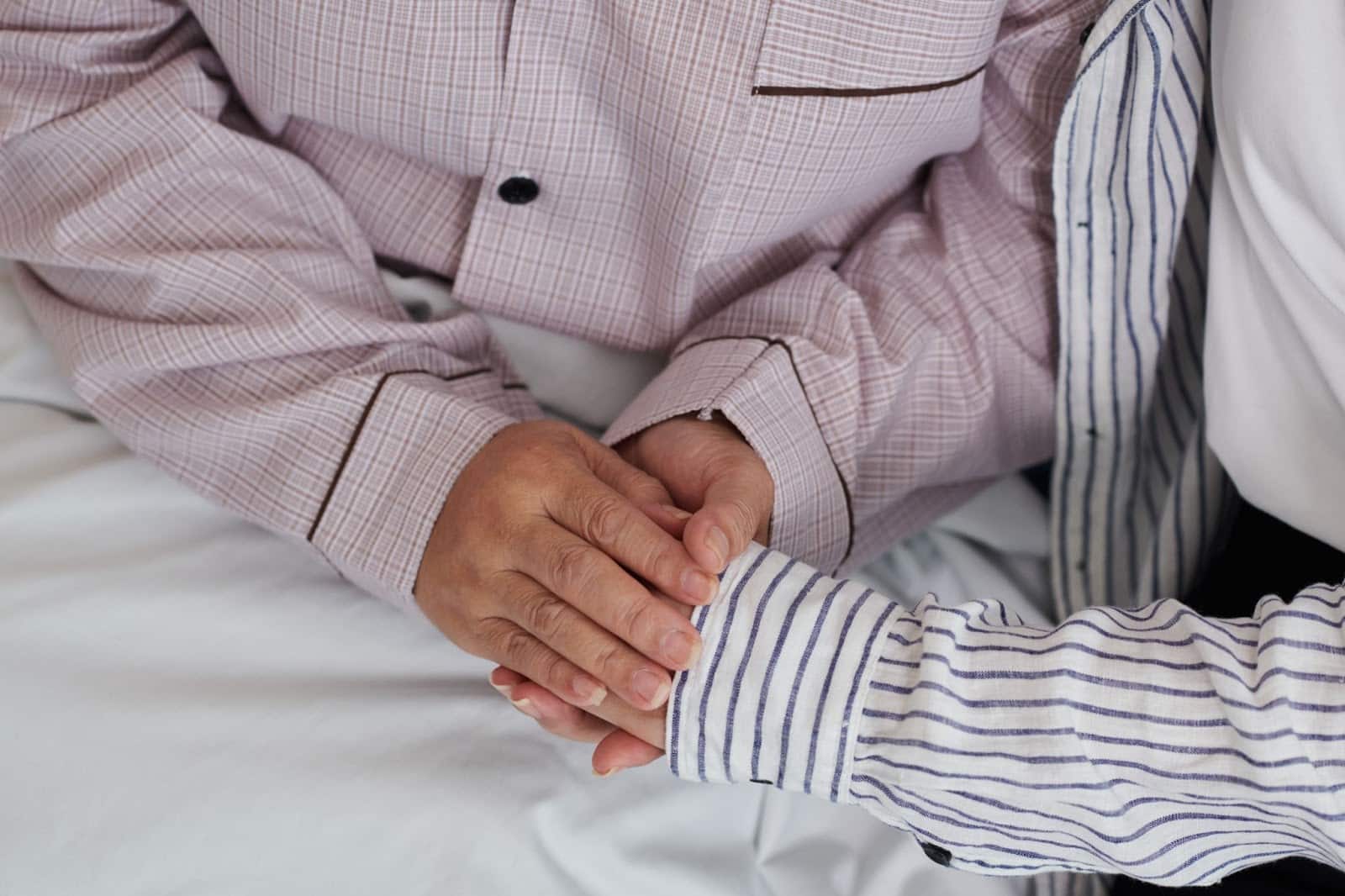What is the Qing Ming Festival?
Qing Ming Jie (清明节) or Qing Ming Festival is similar to All Souls Day, where it’s a day dedicated to remembering and respecting their ancestors and relatives that has passed away with traditional rites and rituals passed on.
What is the Qing Ming Festival?
The origin of the Qing Ming Festival actually originated from the Cold Food or Hanshi Festival, but the present importance of the holiday is due to Wealthy citizens in China holding too many extravagant and expensive ceremonies in honor of their ancestors. In AD 732, Emperor Xuanzong of Tang would curb this practice by limiting such respect to only being formally paid once a year in Qing Ming.
The method of Celebration has evolved throughout its 2500 years of history, dating back to the Zhou Dynasty many events such as cock fighting, flying kites, planting trees, and was added to the list of what to do during the celebration of Qing Ming.
And there were cases where the Festival was used for other purposes, such as during the period of Nationalist China, where starting from 1915 Qing Ming was dedicated to become Arbor Day by the Government up until 1928 where Qing Ming Festival was reverted back to its original purpose as the day where people would pay respect and clean the graves of their ancestors.
Along with Chinese New Year, Mid-Autumn Festival and Duanwu Festival, the Qing Ming Festival is considered a part of China’s four major traditional festivals and is considered a unique event that is observed and celebrated by a majority of Chinese Descent all over the world.
What is the Qing Ming Festival?
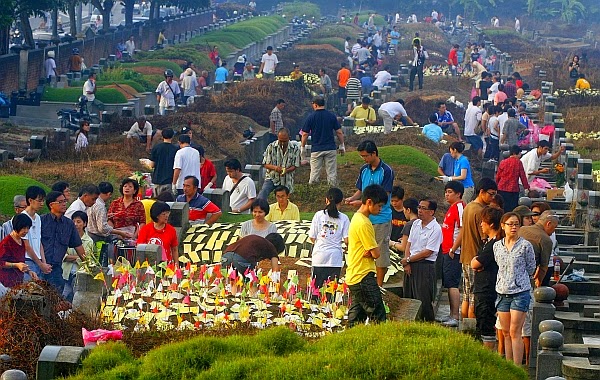
Families and relatives would gather at where their ancestors are laid to rest where they will conduct Sau Mu(扫墓)and provide Offerings to their ancestor, and will spend their whole day with each other. Due to the fear of traffic congestion on the day of Qing Ming, many families would opt to set off early in the morning , Sau Mu can be done before or after 10 days of The Qing Ming Festival.
Grave Cleaning or Sau Mu (扫墓)
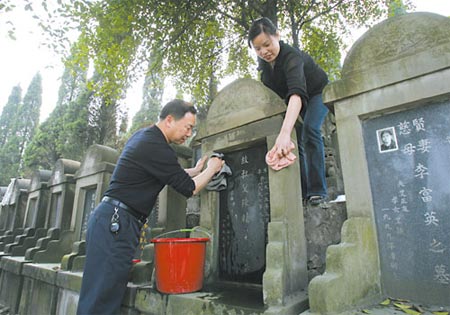
Before giving offering and paying respects to the ancestors, members of the relatives would set out and start cleaning and maintain the conditions of the grave by:
- Cleaning Dirt off the Grave
- Ripping out Weeds
- Sweeping Dirt and Leaves off the Grave
- Checking and Repairing Damages to the Grave
And for those whose ancestors reside in a columbaria, they usually clean the dust off their ancestor’s tablets and the spot before placing the offerings to their ancestors by wiping with a damp cloth.
Offerings
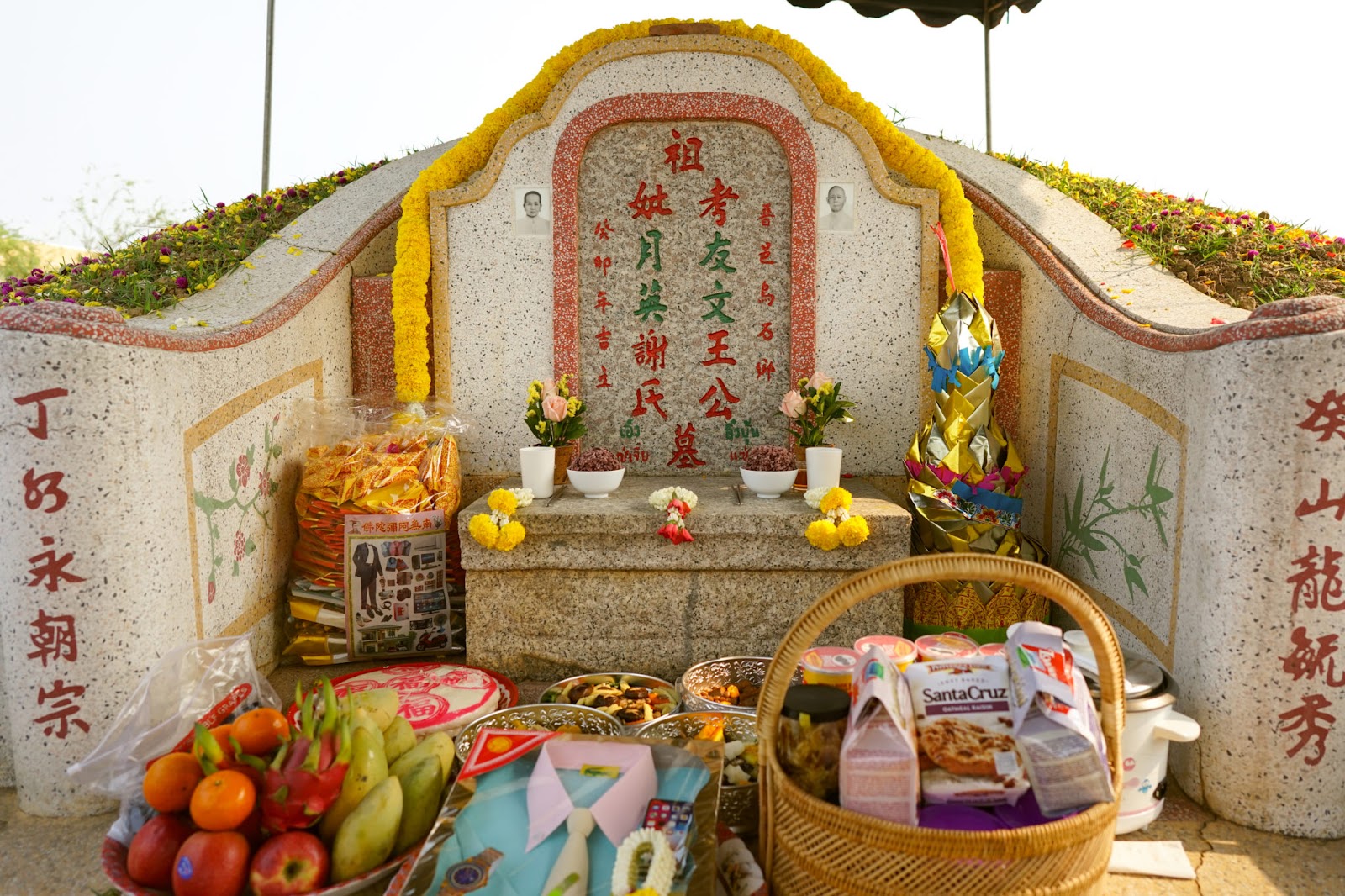
After the Ancestorial Graves or Columbaria is cleaned, Offerings can be prepared to be given to their ancestors. Offerings can vary from family to family and which dialect they are from.
- Burning Paper Offerings (Money, Clothes, Jewelry, Houses, Cars)
- Favourite Foods
- Favourite Drinks
- Joss Sticks
- Red Candles
Offerings to Tu Di Kung
Tu Di Kung (土地公) or the “God of the Soil” is a deity that is worshipped usually has a smaller designated headstone next the the graves as a pay respect and give offerings to the Tu Di Kung. Offerings made to Tu Di Kung are also made to appease wandering spirits who have no one to offer sacrifices to them. This is made to discourage the wandering spirits from touching the offerings laid out for the family’s ancestors.
Kowtou or Bowing
After the Graves are cleaned and Offerings presented, Descendants will take turns to pay respects to their ancestors by either kneeling and touching their foreheads to the ground also known as Kowtou or to Bowing three times to symbolize their respect.
The most senior member of the family is usually the one who goes first and leads the entire ceremony and other members will follow the instructions on when to Kowtou and when to Bow. Male members of the families usually pay their respects first before the female members do.
End of Sau Mu
After enough time has passed for the Ancestors to have enjoyed the offerings brought by their offsprings, Families would usually clean up and pack up all the equipment and the offerings before saying goodbye to their Ancestors.
Sometimes people will pay a fee to the groundskeeper to help clean up the Offerings and donate to the groundskeeper to maintain infrastructure such as the path to the graves, car parks and the overall condition of the gravesite or the columbaria.
After finishing with the Sau Mu, All the relatives would also go somewhere to have their breakfast and mingle with each other before saying goodbye and promising to meet each other again at the same place and at the same time next year to conduct Sau Mu again.
Why Do People Celebrate
Tradition
The Qing Ming Festival has been a tradition practiced by many in China for many years and this tradition is continued by many Chinese communities all over the world which has adapted the traditions of the Qing Ming festival that has been taught by their ancestors, Chinese communities overseas has the strong desire to retain their identities by ensuring that their traditions are repeated according the Chinese Lunar Calendar like any other Festivals like Chinese New Year or the Mooncake Festival.
Respect for Ancestors
The traditions of Taoist to respect their Ancestors, Celebrating the Qing Ming Festival and conducting Sau Mu on their ancestors’ graves or tombs is seen as a way of showing their respect and love to their ancestors and believing that the spirits of their ancestors are being taken cared and are not forgotten due to time.
Keeping in touch with Family
Another reason why people celebrate the Qing Ming Festival is to maintain family ties & family relationships. Like many other events and festivals, Qing Ming may be one of the few times where relatives can meet and interact with each other that may reside in another state or foreign country.
From working together to ensure the traditions are passed on, this helps to maintain and to improve relationships between relatives even when not interacting with each other in long intervals.
Conclusion
The Qing Ming Festival, although not as prevalent as Chinese New Year, is still one of the most important festivals that is observed by many Chinese communities all over the world as it showcases the traditional qualities and the way of life that their ancestors had themselves.
Need help planning a funeral? Check out our funeral packages to find out more.


